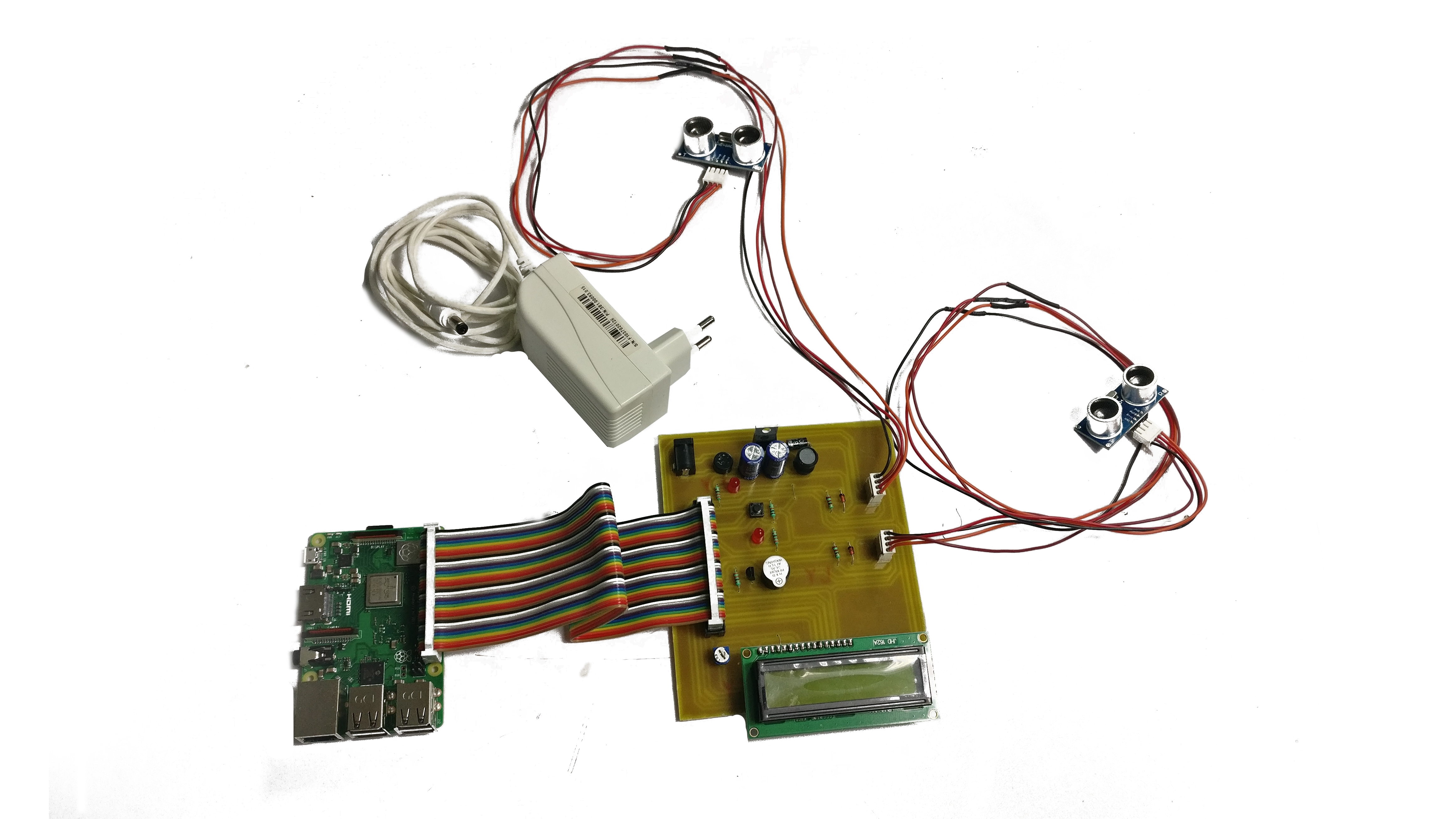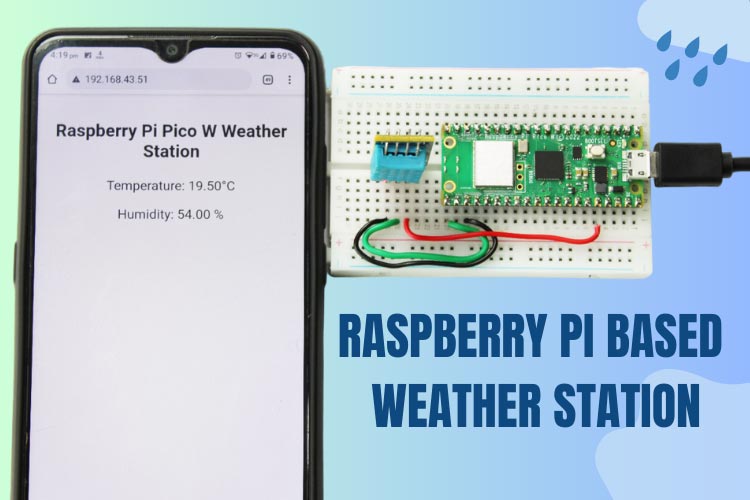Best Remote SSH IoT Platform For Raspberry Pi: Unleash Your Smart Projects
Hey there tech enthusiasts! Are you diving into the world of IoT with your trusty Raspberry Pi? If you're on the hunt for the best remote SSH IoT platform for Raspberry Pi, you're in the right place. In this guide, we'll break down everything you need to know to set up and manage your IoT projects remotely. Whether you're a hobbyist or a professional, this article is packed with actionable tips and insights to help you get started.
Picture this: you're building a smart home system or monitoring environmental data using sensors connected to your Raspberry Pi. But what happens when you're not physically near your device? That's where remote SSH IoT platforms come into play. These platforms allow you to control, monitor, and manage your Raspberry Pi from anywhere in the world. Sounds cool, right?
Before we dive deep, let's set the stage. This article isn't just about listing platforms; it's about helping you make an informed decision. We'll cover everything from the basics of SSH and IoT to advanced tips for securing your setup. So, grab your favorite beverage, and let's get rolling!
- Camilla Araujo The Rise Of A Global Sensation And Her Impact On The World
- Jameliz Leaked The Untold Story You Need To Hear
What Is SSH and Why Is It Essential for IoT?
SSH, or Secure Shell, is like a secret tunnel that lets you communicate securely with your Raspberry Pi from anywhere. It encrypts your data, ensuring that even if someone intercepts your connection, they won't be able to make sense of it. For IoT projects, SSH is a game-changer because it allows you to manage your devices remotely without compromising security.
Here's why SSH is essential:
- Secure communication between devices
- Remote access to your Raspberry Pi's terminal
- Ability to transfer files securely
- Support for automation scripts and commands
Now that we've got the basics down, let's explore some of the best remote SSH IoT platforms for Raspberry Pi.
Top Remote SSH IoT Platforms for Raspberry Pi
There's no shortage of platforms designed to make your IoT projects easier. But which ones truly stand out? Here's a list of the top contenders:
1. balenaCloud
balenaCloud is like the Swiss Army knife of IoT platforms. It offers a user-friendly interface and robust features for managing fleets of IoT devices, including Raspberry Pi. With balenaCloud, you can deploy, monitor, and update your projects remotely with ease.
2. Resin.io (Now balena)
Resin.io, now part of the balena family, has been a favorite among IoT enthusiasts for years. It provides seamless integration with Raspberry Pi and supports a wide range of applications, from simple home automation to complex industrial solutions.
3. PlatformIO
PlatformIO is more than just an SSH platform; it's a complete development environment tailored for IoT projects. It integrates seamlessly with Raspberry Pi and offers features like debugging, code completion, and remote management.
4. OctoPrint
If you're into 3D printing, OctoPrint is your go-to platform. While primarily designed for managing 3D printers, it also supports SSH connections, making it a versatile choice for Raspberry Pi-based IoT projects.
5. ngrok
ngrok is a lightweight tool that allows you to expose your local Raspberry Pi server to the internet. It's perfect for quick prototyping and testing your IoT projects without the hassle of setting up complex infrastructure.
Key Features to Look for in a Remote SSH IoT Platform
Not all platforms are created equal. Here are some key features you should consider when choosing the best remote SSH IoT platform for Raspberry Pi:
- Security: Look for platforms that offer end-to-end encryption and two-factor authentication.
- Scalability: Ensure the platform can handle multiple devices as your IoT projects grow.
- Ease of Use: A user-friendly interface can save you hours of frustration.
- Community Support: Platforms with active communities often provide better support and faster updates.
How to Set Up SSH on Your Raspberry Pi
Setting up SSH on your Raspberry Pi is easier than you think. Here's a step-by-step guide:
- Enable SSH on your Raspberry Pi using the Raspberry Pi Configuration tool.
- Connect your Raspberry Pi to the same network as your computer.
- Find the IP address of your Raspberry Pi using the command `ifconfig` or `ip addr`.
- Use an SSH client like PuTTY (Windows) or Terminal (Mac/Linux) to connect to your Raspberry Pi.
And just like that, you're good to go!
Securing Your Remote SSH IoT Setup
Security should always be your top priority when working with IoT devices. Here are some tips to keep your Raspberry Pi safe:
- Change the default SSH port to something other than 22.
- Use strong, unique passwords or SSH keys for authentication.
- Enable a firewall to block unauthorized access.
- Regularly update your Raspberry Pi's software to patch vulnerabilities.
Best Practices for Remote IoT Management
Managing IoT devices remotely requires a bit of finesse. Here are some best practices to follow:
1. Monitor Device Health
Keep an eye on your Raspberry Pi's performance metrics like CPU usage, memory, and disk space. Tools like `htop` and `iotop` can help you monitor these in real-time.
2. Automate Routine Tasks
Use scripts and cron jobs to automate repetitive tasks like backups and updates. This saves time and reduces the risk of human error.
3. Document Everything
Keep detailed documentation of your setup, including configurations, passwords, and troubleshooting steps. This will come in handy when things go south.
Real-World Applications of Remote SSH IoT Platforms
The possibilities with remote SSH IoT platforms are endless. Here are a few real-world applications:
- Smart home automation systems
- Environmental monitoring stations
- Remote weather stations
- Industrial IoT solutions
These platforms empower you to create innovative solutions that address real-world problems.
Comparison of Popular Remote SSH IoT Platforms
Choosing the right platform can be overwhelming. Here's a quick comparison to help you decide:
| Platform | Pros | Cons |
|---|---|---|
| balenaCloud | User-friendly, scalable, active community | Premium features require paid plans |
| PlatformIO | Integrated development environment, extensive libraries | Steep learning curve for beginners |
| ngrok | Simple setup, lightweight | Not suitable for production environments |
Troubleshooting Common SSH Issues
Even the best setups can run into issues. Here are some common SSH problems and how to fix them:
- Connection Refused: Check your Raspberry Pi's IP address and ensure SSH is enabled.
- Authentication Failed: Verify your username and password or SSH key.
- Timeout Errors: Ensure your Raspberry Pi and computer are on the same network.
Final Thoughts: The Future of Remote SSH IoT Platforms
As IoT continues to evolve, remote SSH IoT platforms will play an increasingly important role in shaping the future of technology. By choosing the right platform and following best practices, you can unlock the full potential of your Raspberry Pi projects.
So, what are you waiting for? Dive in, experiment, and let your creativity run wild. And don't forget to share your experiences in the comments below. Happy tinkering!
Thanks for reading, and remember, the best remote SSH IoT platform for Raspberry Pi is the one that fits your unique needs. Keep exploring, keep learning, and most importantly, have fun!
Table of Contents
- What Is SSH and Why Is It Essential for IoT?
- Top Remote SSH IoT Platforms for Raspberry Pi
- Key Features to Look for in a Remote SSH IoT Platform
- How to Set Up SSH on Your Raspberry Pi
- Securing Your Remote SSH IoT Setup
- Best Practices for Remote IoT Management
- Real-World Applications of Remote SSH IoT Platforms
- Comparison of Popular Remote SSH IoT Platforms
- Troubleshooting Common SSH Issues
- Final Thoughts: The Future of Remote SSH IoT Platforms
- Amariah Morales Xxx Unveiling The Truth Behind The Name
- Cheryl Casone Partner Unveiling The Dynamic Duo Behind Success

Raspberry Pi SSH tutorial Easy to follow

How To Master Remote IoT Platform SSH Raspberry Pi Download For

Raspberry Pi Pico Iot Platform Raspberry Pi Pico W With Wifi Hot Sex